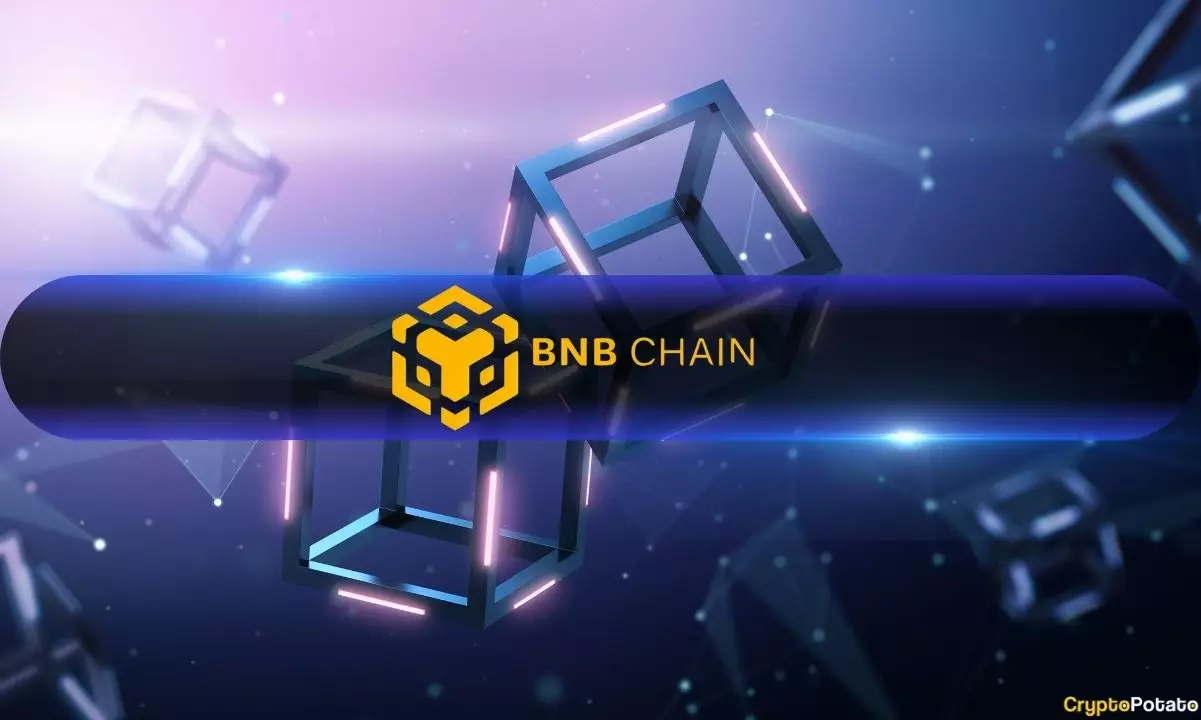In recent months, the decentralized finance (DeFi) landscape has grappled with an unsettling trend: the surge of sandwich attacks on blockchain networks. Notably, the BNB Chain experienced a staggering 35.5% of its blocks being compromised by such attacks in November alone. This highlights a growing vulnerability within the realm of DeFi, as approximately 43,400 traders became victims of sandwich bots during this period. The financial implications are significant, with data revealing that sandwich bot activities contributed approximately $1.322 million to a weekly trading volume of $9.232 million on BNB’s decentralized exchanges (DEXs).
A sandwich attack, often synonymous with front-running, is a form of maximum extractable value (MEV) exploitation. In this scenario, an attacker identifies a pending transaction and positions their trades strategically around it, thereby “sandwiching” the original transaction. The process involves placing one trade before and another trade after the victim’s transaction, allowing the attacker to profit at the expense of the unsuspecting trader. While front-running is the most prevalent tactic within the arsenal of MEV strategies, attacks can also take on other forms, such as back-running and manipulation of transaction ordering. These attacks thrive within the transparent ecosystem of DEXs, where the visibility of unconfirmed transactions leaves traders exposed.
Interestingly, the situation differs dramatically on other blockchain networks. Ethereum, for instance, has experienced a decline in sandwich attacks since July, with the percentage plummeting from 62.9% to 40.2%. In just the past month, however, over 12,000 DEX users on Ethereum still fell prey to these exploitative tactics. Meanwhile, the Solana blockchain has reported a spike in sandwich attack incidents, prompting urgent measures from the Solana Foundation. In June 2024, the foundation took the audacious step of removing validator operators engaged in sandwich attacks from its delegation program, signaling a zero-tolerance stance against such behavior.
Community Response and Future Directions
Tim Garcia, the Solana Validator Relations Lead, has affirmed the foundation’s commitment to pursuing operators who partake in malicious activities. This proactive approach is crucial in assuring users of network security and integrity. Additionally, Mert Mumtaz, co-founder of Helius, pointed out that while Solana’s architecture is designed to mitigate these threats, certain actors have manipulated validators to facilitate these attacks. Such insights suggest that as the DeFi ecosystem evolves, so too do the strategies of malicious actors.
While sandwich attacks represent a formidable challenge in the DeFi space, collective efforts from blockchain foundations, validator communities, and developers are essential in combating these issues. As the community continues to rally against these attacks, the hope remains that more robust preventive measures will emerge, fostering a safer and more secure trading environment for everyone involved in the DeFi space.
















Leave a Reply